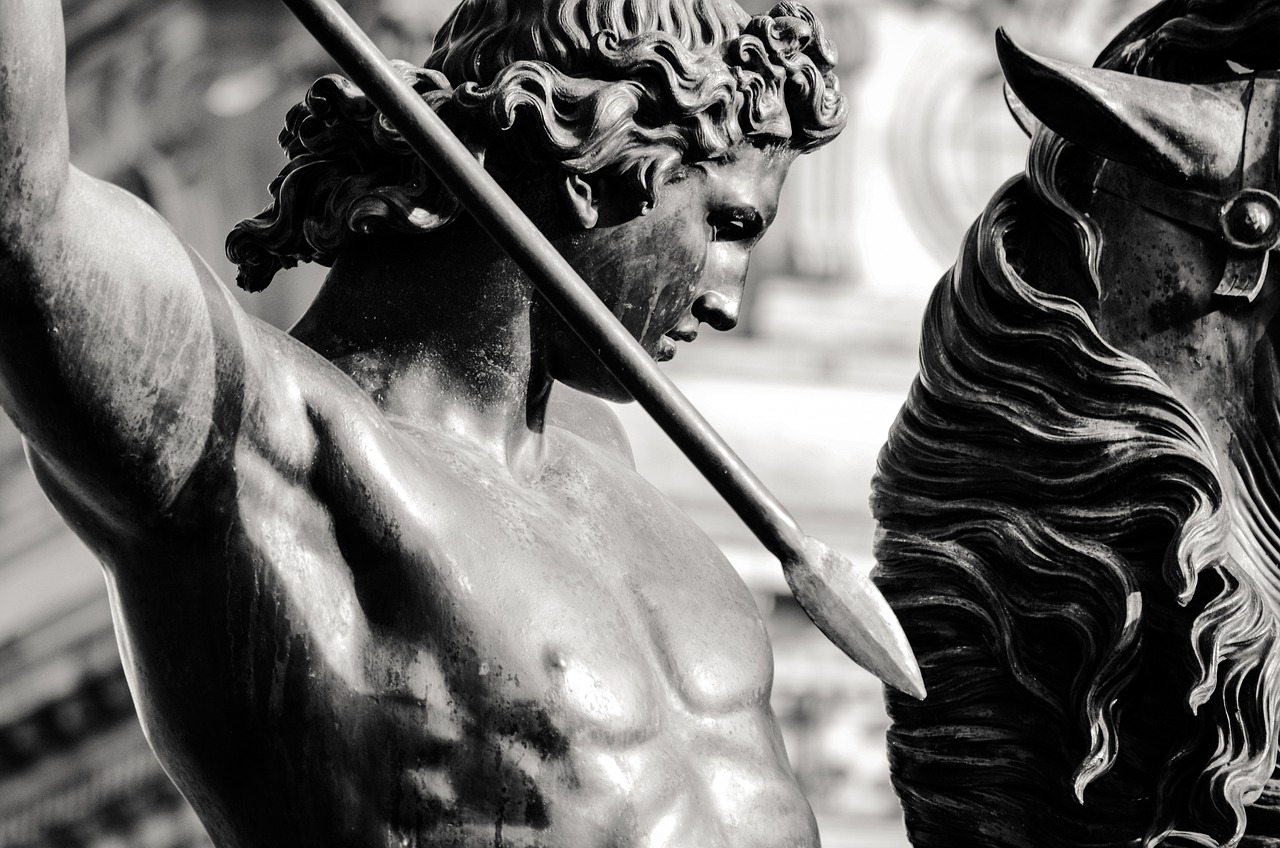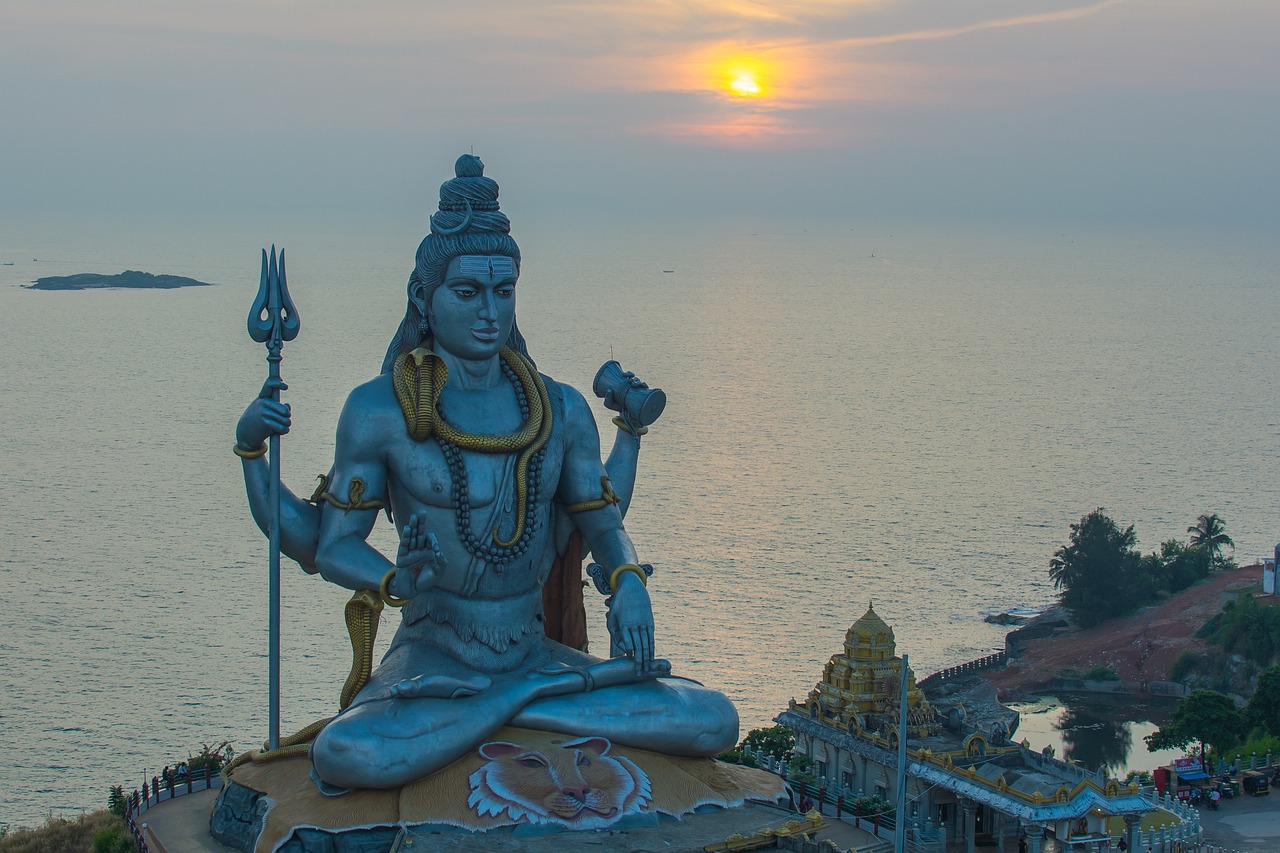Author: Erlang Shen
-
Overview Tyr, the one-armed deity of the Norse pantheon, was part of the Aesir tribe and symbolized aspects of warfare and conflict. Interestingly, he also embodied concepts of justice and order. The paradoxical nature of Tyr arises primarily from the limited information available about him. He is referenced only a few times in the Poetic…
-
Balder, variably known as Baldr, Baldur, or Baldor, holds the esteemed title of the Norse deity of light, brilliance, and valor. He is an Æsir god residing in Asgard, the celestial realm where he lives with his father, Odin, mother, Frigg, and his siblings. Universally cherished among the Æsir gods, Balder’s narrative intertwines themes of…
-
The Importance of Heimdall’s Horn: Giallarhorn’s Significance in Ragnarök and Beyond When you think about Norse mythology, a plethora of vivid images might flash through your mind. Warriors clashing, gods scheming, and possibly a few giant serpents lurking in the shadows. But have you ever pondered the pivotal role of a simple horn? Yes, I’m…
-
Myths That Built a Culture: The Influence of Norse Legends on Modern Literature and Pop Culture Ah, Norse mythology! It’s like a treasure trove of epic stories filled with gods, monsters, and heroes that have shaped our culture in ways we might not even realize. Have you ever paused to think about how these ancient…
-
# The Pantheon of Chinese Deities The realm of Chinese deities represents a rich tapestry of traditional beliefs and practices, where various gods are worshiped across different religions. Chinese spirituality embraces a polytheistic nature rooted in the idea that divinity permeates all existence. These deities embody energies and principles that illuminate the celestial order, often…
-
Memphis, known as the capital of ancient Egypt, served as a significant hub throughout the history of this civilization. Situated on the west bank of the Nile River, approximately 15 miles (24 km) south of present-day Cairo, Memphis is closely linked to the nearby necropolises housing some of Egypt’s most famous pyramids. This rich archaeological…
-
**Exploring the Pantheon: A Deep Dive into the Major Taoist Deities and Their Roles in Chinese Culture** Taoism, a spiritual tradition that originated in ancient China, is not just about philosophical ideas and meditation; it’s also rich with colorful deities that delight and inspire. These divine personalities have their own stories, attributes, and functions, and…
-
**Taoism and Nature: Exploring the Deep Connection Between Man and the Universe** Have you ever stood outside on a clear night, gazing up at the blanket of stars dotted across the sky, and felt a deep sense of awe? That feeling, that connection with something grand—it’s a notion that has rooted itself in the philosophy…
-
Wadjet: The Egyptian Cobra Goddess Wadjet, a prominent figure in ancient Egyptian mythology, was revered as the cobra goddess and protector of Lower Egypt. Often depicted with a striking Uraeus on her crown, Wadjet represented not only a fierce deity but also embodied protection and royalty, as the Uraeus frequently adorned the crowns of pharaohs.…
-
The Celtic deities were part of the ethereal Tuath Dé Danann, beings that originated from the mystical Otherworld. These ancient inhabitants of Ireland transformed into divine beings, facing the threats posed by the Fomorians while passing on their wisdom to future generations. Among them, the goddess Macha stands out for her particularly fierce demeanor. Macha’s…







